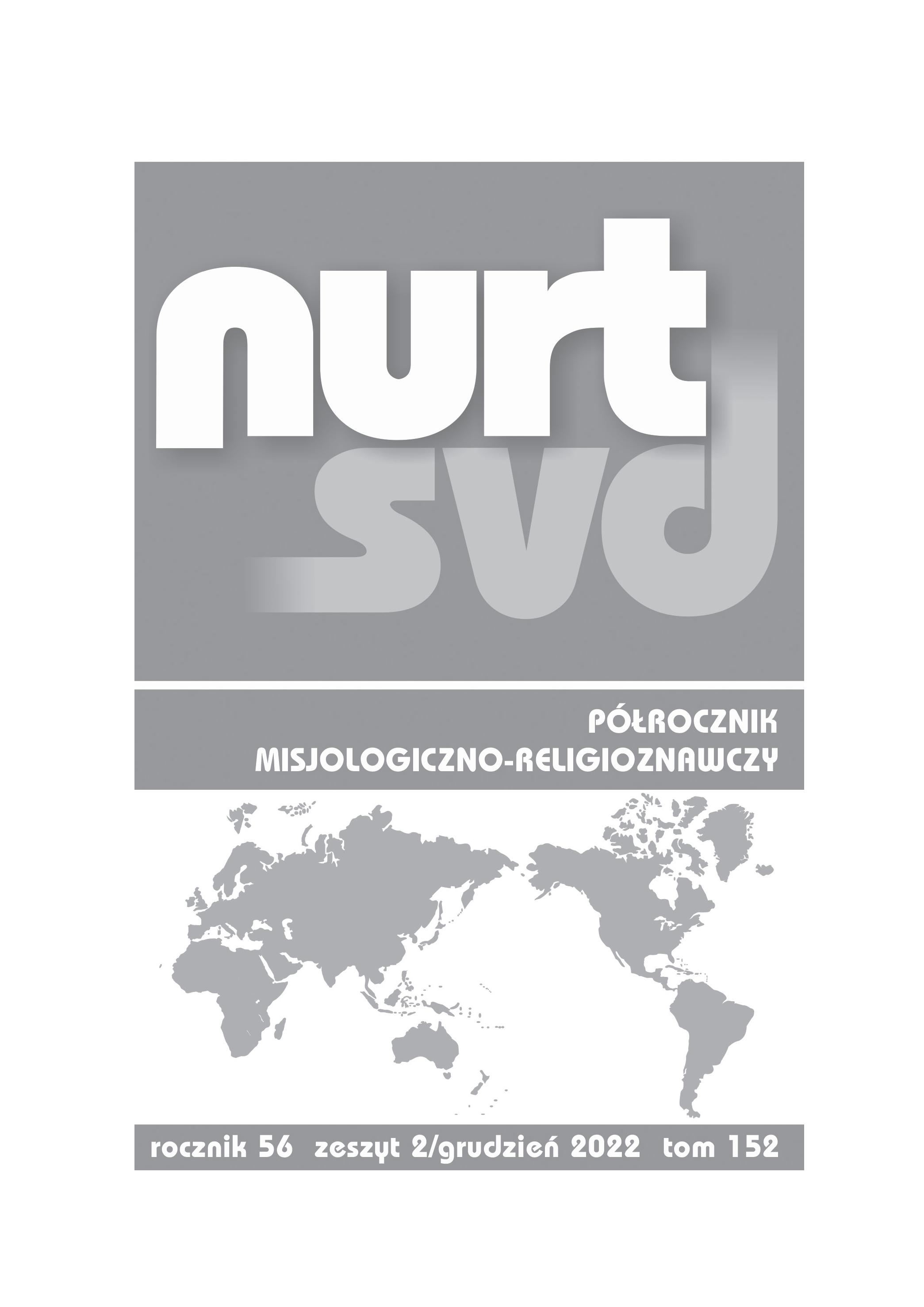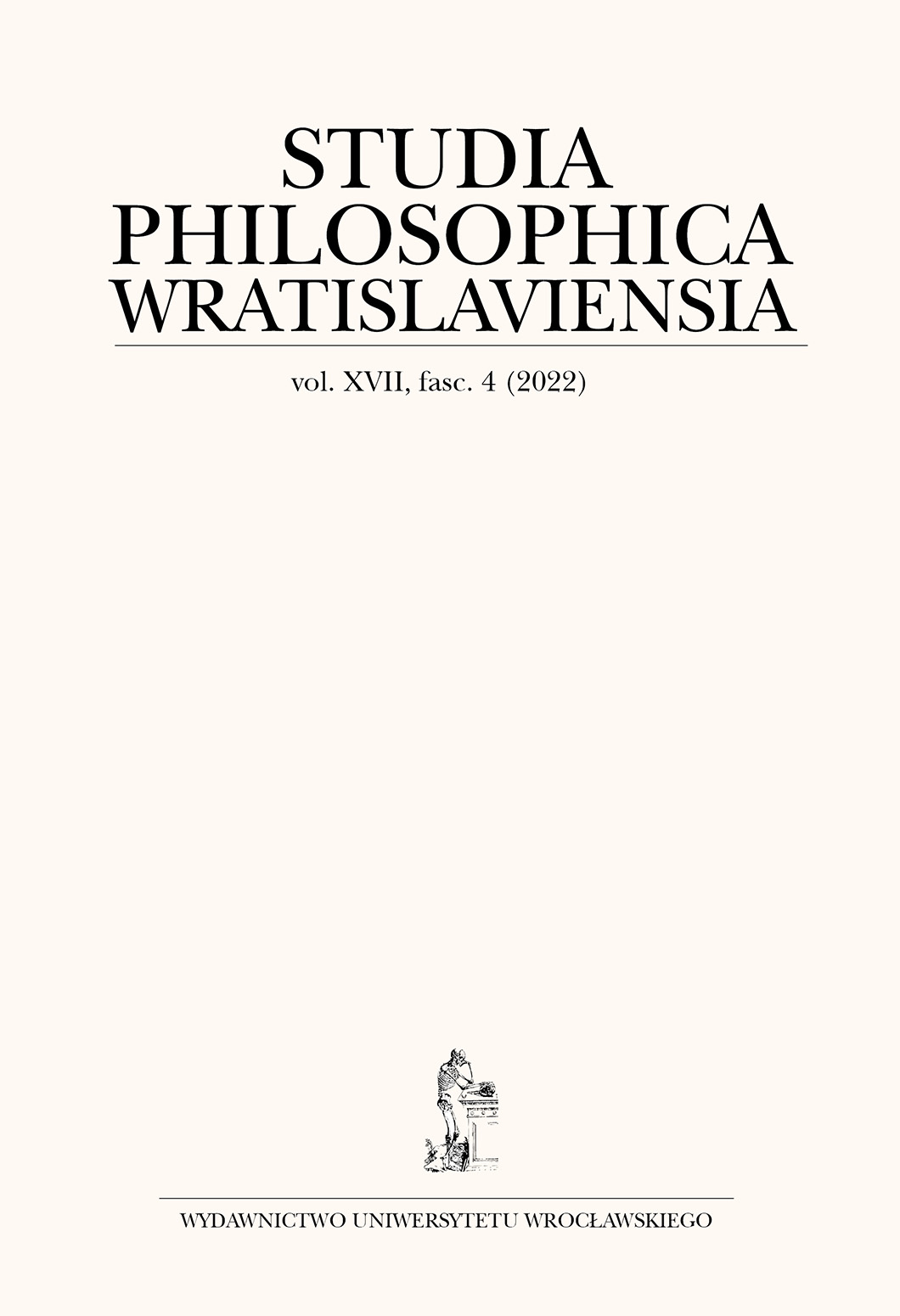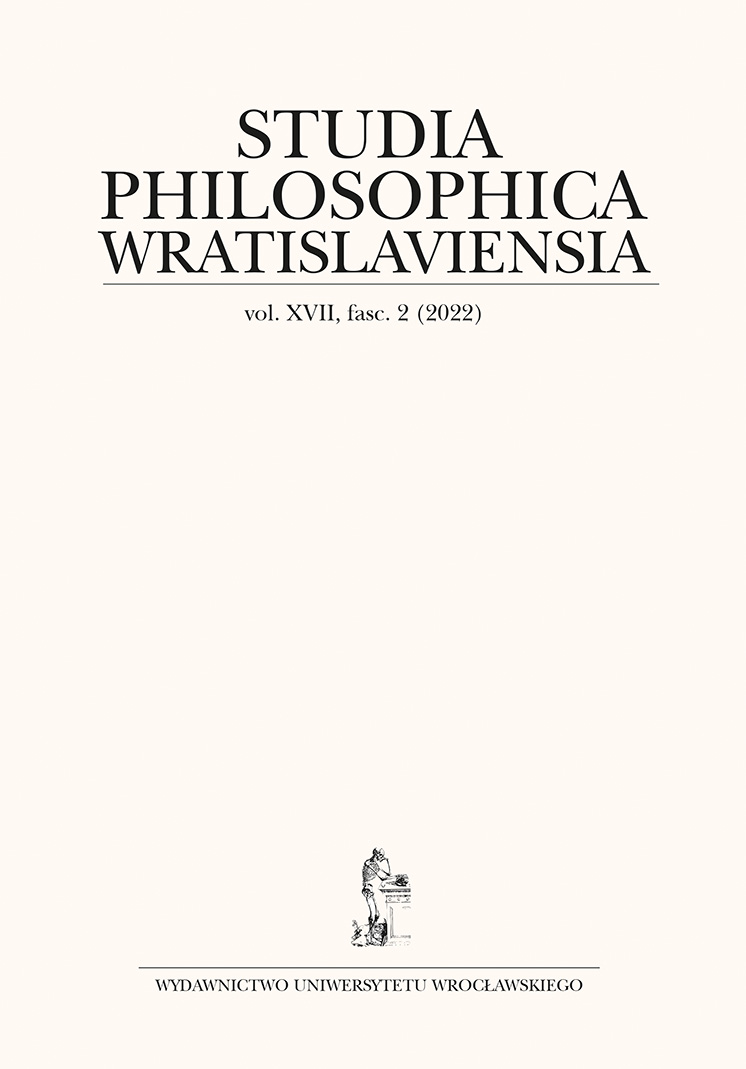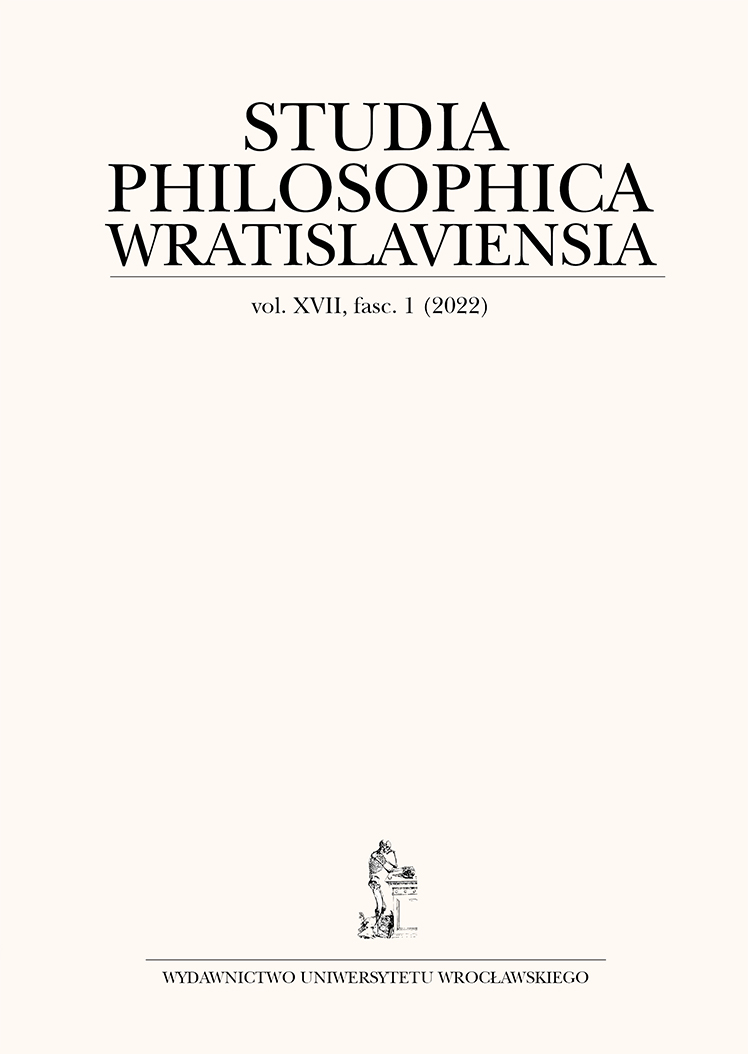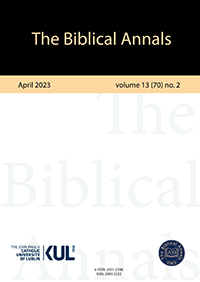
The Forging of a Tradition: The Hebrew Bible, Ezra the Scribe, and the Corruption of Jewish Monotheism According to the Writings of al-Ṭabarī, al-Thaʿlabī, and Ibn Ḥazm
The Forging of a Tradition: The Hebrew Bible, Ezra the Scribe, and the Corruption of Jewish Monotheism According to the Writings of al-Ṭabarī, al-Thaʿlabī, and Ibn Ḥazm
Keywords: Al-Tabari; Al-Talabi; Avot d’Rabbi Natan; Ezra; Hebrew Bible; Ibn Hazm; puncta extraordinaria
A widely distributed religious legend maintains that Ezra the scribe rewrote the Hebrew Bible sometime during the post-exilic period. The story is interpreted differently among its varying iterations. Some accounts view Ezra’s recovery of the Scriptures as an act of divine wonder while other versions insist that Ezra’s hand distorted the biblical text. Both outlooks are present in medieval Islamic writings. This article considers the polemical approach of three Muslim authors (e.g., al-Ṭabarī, al-Thaʿlabī, and Ibn Ḥazm) and their portraits of Ezra, including his role that led to a purported compromise of Jewish monotheism. The article explores Ibn Ḥazm’s claim that Ezra the scribe corrupted the biblical text. Several sources are examined (e.g., 4 Ezra, Porphyry, Justin Martyr, a Samaritan liturgical imprecation, and diverse rabbinic traditions) as plausible support for the charge that Ezra corrupted the Scriptures. A tale from Avot d’Rabbi Natan that features Ezra’s alleged scribal dots is posited as a reasonable source for the comment. Given Ibn Ḥazm’s interpretive outlook and Ezra’s prominent role in the story, the dots offer a new and sensible explanation.
More...
